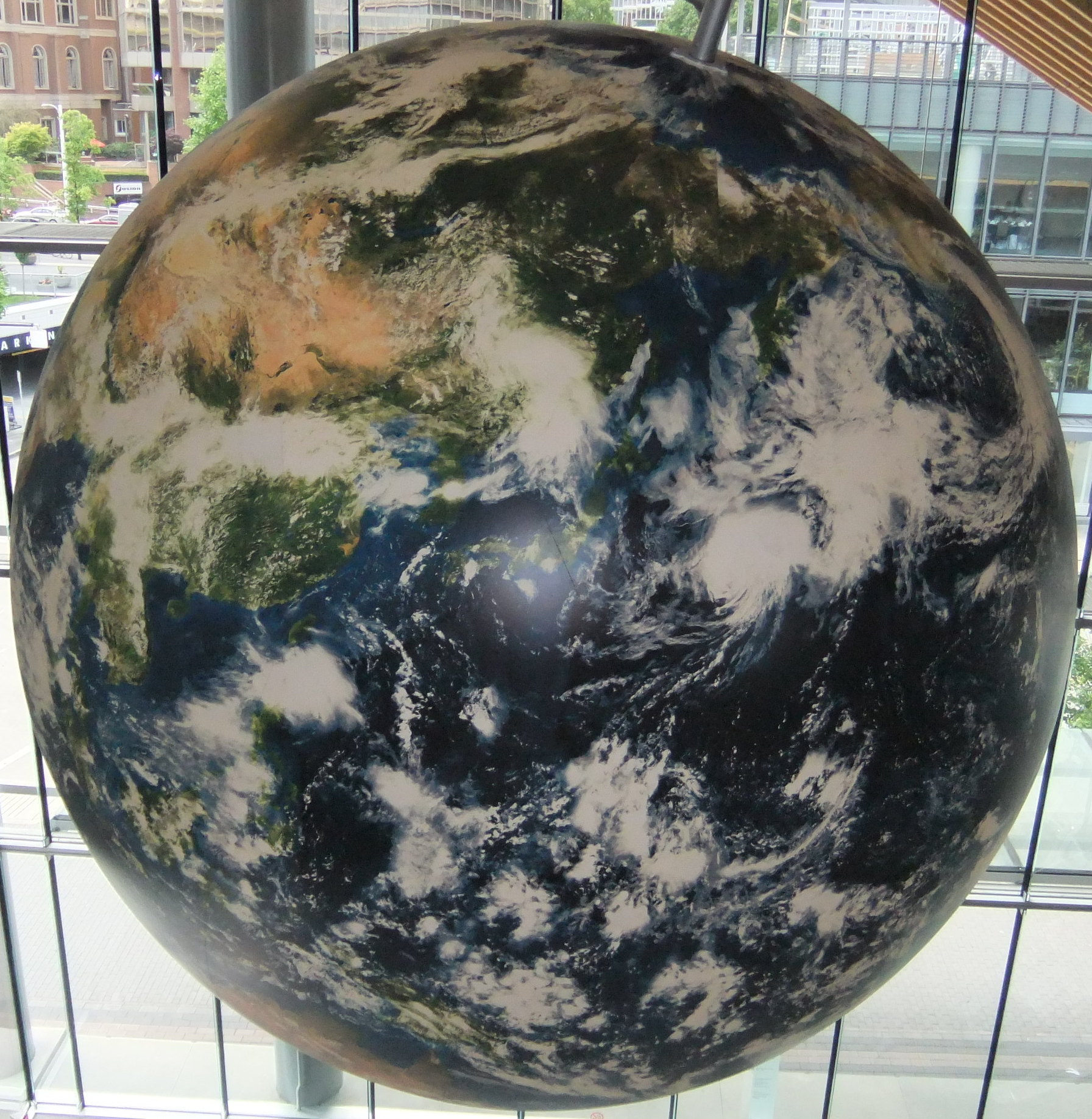The International Panel on Climate Change (IPCC) has released its most recent report. The blue ribbon group of scientists concluded that is 95 per cent certain that global warming is occurring, that it is caused mainly by our burning of fossil fuels, and that we will see more violent weather and rising sea levels as a result. Scientists never talk about absolute certainties, but clearly, they are as confident in their predictions about climate change as they are that cigarettes cause cancer.
The cigarette analogy is appropriate here. For years, some people insisted that there was no proof that cigarettes caused cancer. But as it turned out, some self-proclaimed experts and front groups were financed by the tobacco industry, itself, just as some of the climate change deniers are financed by the carbon industry today.
As for the rest of the climate skeptics, they simply won’t believe the scientists no matter how much proof of global warming they provide.
In Canada, as Globe and Mail columnist Jeffrey Simpson writes, the government is part of the problem. The Conservative caucus contains a “disproportionate number” of individuals who believe that climate change is not occurring, or if it is, that the causes are natural events and not human behaviour. Those MPs are representative of their political base — many of whom also deny climate change and its effects on our cities, towns, farms and oceans.
As Simpson points out, the government made no effort to provide a reasoned response to the IPCC report. Rather, it issued a brief news release praising its own efforts and making partisan attacks on other political parties. The government’s own figures, however, indicate that Canada is far behind in its promise to reduce greenhouse gases by 17 per cent below 2005 levels by 2020. The Conservatives are also committed to rapid development of the carbon-polluting oil sands in Alberta, which will make it impossible for Canada to keep even the modest environmental promises it has made.
The complex issue of climate change is an especially challenging one for our political and economic system. Politicians think in terms of years — usually four — rather than in centuries or millennia. Similarly, corporate executives tend to think of the next quarterly or annual report to shareholders.
In October 2011, more than 60 faith community leaders signed a document called the “Canadian Interfaith Call for Leadership and Action on Climate Change.” Those leaders called on Ottawa to support an international agreement aimed at limiting global warming. But unfortunately, we walked away from that (Kyoto) agreement later in 2011. The leaders also called for national carbon emission targets, a national renewable energy strategy and the provision of public funds to assist the poorest countries in adapting to and mitigating the effects of climate change.
Indeed, people of religious faith have a chance to influence the global warming debate in a way that respects creation and its inhabitants, especially the poor; and in a manner that takes the long-term view of our existence. After all, it’s something that our politicians have seemed incapable of doing.
This article appeared in the United Church Observer on October, 10, 2013.



